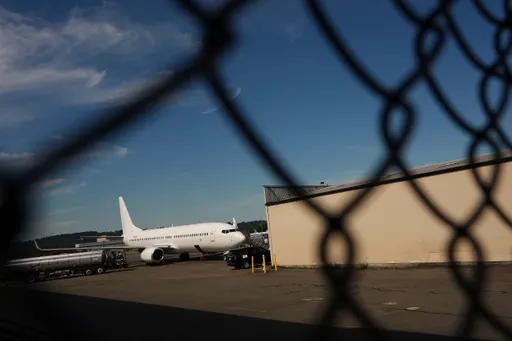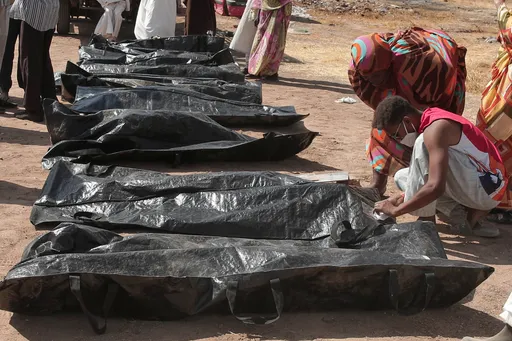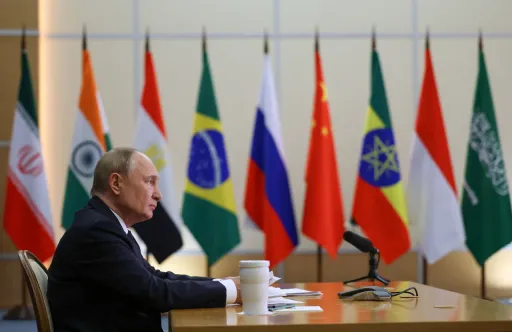Rwandans mark 30 years on Sunday since a genocide orchestrate tore apart their country, as neighbours turned on each other in one of the bloodiest massacres of the 20th century.
The killing spree, which lasted 100 days before the Rwandan Patriotic Front (RPF) rebels took Kigali in July 1994, claimed the lives of around 800,000 people, largely Tutsis but also moderate Hutus.
The nation has since found its footing under the rule of President Paul Kagame, who led the RPF.
In keeping with tradition, April 7 -- the day militias unleashed the carnage in 1994 -- will be marked by Kagame lighting a remembrance flame at the Kigali Genocide Memorial, where more than 250,000 victims are believed to be buried.
Global failure
Kagame will place wreaths on the mass graves, flanked by foreign dignitaries including former US president Bill Clinton, who had called the genocide the biggest failure of his administration.
The international community's failure to intervene has been a cause of lingering shame. French President Emmanuel Macron is expected to release a message on Sunday saying that France and its Western and African allies "could have stopped" the bloodshed but lacked the will to do so.
Kagame is also expected to give a speech at a 10,000-seat arena in the capital, where Rwandans will later hold a candlelight vigil for those killed.
Sunday's events mark the start of a week of national mourning, with Rwanda effectively coming to a standstill and national flags flown at half-mast.
Community tribunals
Music will not be allowed in public places or on the radio, while sports events and movies are banned from TV broadcasts, unless connected to what has been dubbed "Kwibuka (Remembrance) 30".
The United Nations and the African Union will also hold remembrance ceremonies.
Karel Kovanda, a former Czech diplomat who was the first UN ambassador to publicly call the events of 1994 a genocide, nearly a month after the killings began, said the massacres should never be forgotten.
"The page cannot be turned," he told AFP news agency in an interview in Kigali, urging efforts to ensure that "the genocide (doesn't) slip into oblivion".
The assassination of Hutu President Juvenal Habyarimana on the night of April 6, when his plane was shot down over Kigali, triggered the rampage against Tutsis by Hutu extremists and the "Interahamwe" militia.
Each year new mass graves are uncovered around the country.
In 2002, Rwanda set up community tribunals where victims heard "confessions" from those who had persecuted them, although rights watchdogs said the system also resulted in miscarriages of justice.
Suspects at large
Today, Rwandan ID cards do not mention whether a person is Hutu or Tutsi.
Secondary school students learn about the genocide as part of a tightly controlled curriculum.
The country is home to over 200 memorials to the genocide, four of which were added to UNESCO's World Heritage list last year.
According to Rwanda, hundreds of genocide suspects remain at large, including in neighbouring nations such as the Democratic Republic o f Congo and Uganda.
Only 28 have been extradited to Rwanda from around the world.
"I urge states everywhere to redouble their efforts to bring all surviving suspected perpetrators to justice -- including through universal jurisdiction -- and to combat hate speech and incitement to commit genocide," UN human rights chief Volker Turk said on Friday.
➤Click here to follow our WhatsApp channel for more stories.

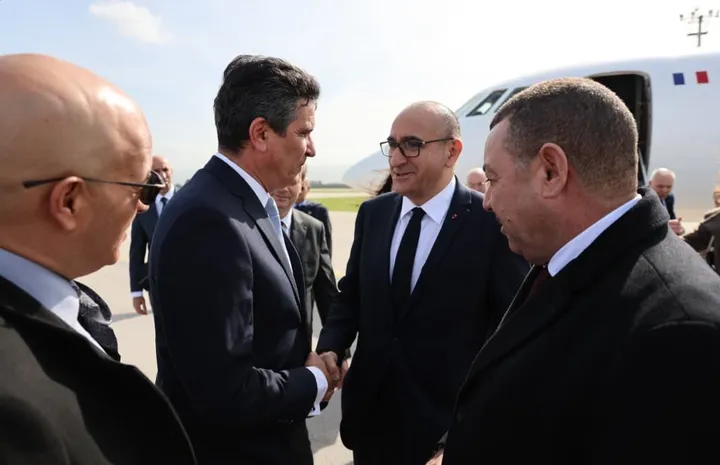

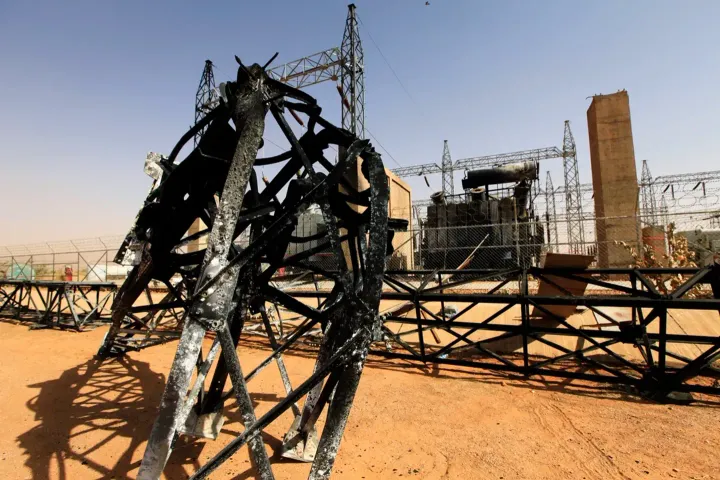





.JPG?width=512&format=webp&quality=80)





